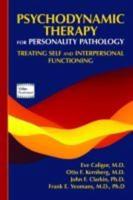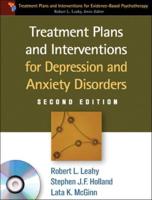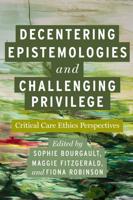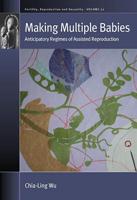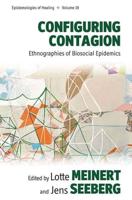Publisher's Synopsis
This book has two essential aims. First, to introduce some of the key assumptions behind relational psychoanalysis to an international audience and to outline the points where this approach counters, complements, or extends existing object relations (Kleinian and Independent) traditions. Second, to consider some of the implications of the relational turn for the application of psychoanalytic concepts and methods beyond the consulting room. The emergence of what has become known as "the relational turn" in psychoanalysis has interesting implications not just for clinical practice, but for other psychoanalytically informed practices, such as group relations, the human service professions, and social research. Relational forms of psychoanalysis have emerged primarily in the USA, and as a result their core concepts and methods are less well-known in other countries, including the UK. Moreover, even within the USA, few attempts have so far been made to consider the wider implications of this development for social and political theory; intervention in groups and organizations, and the practice of social research.


